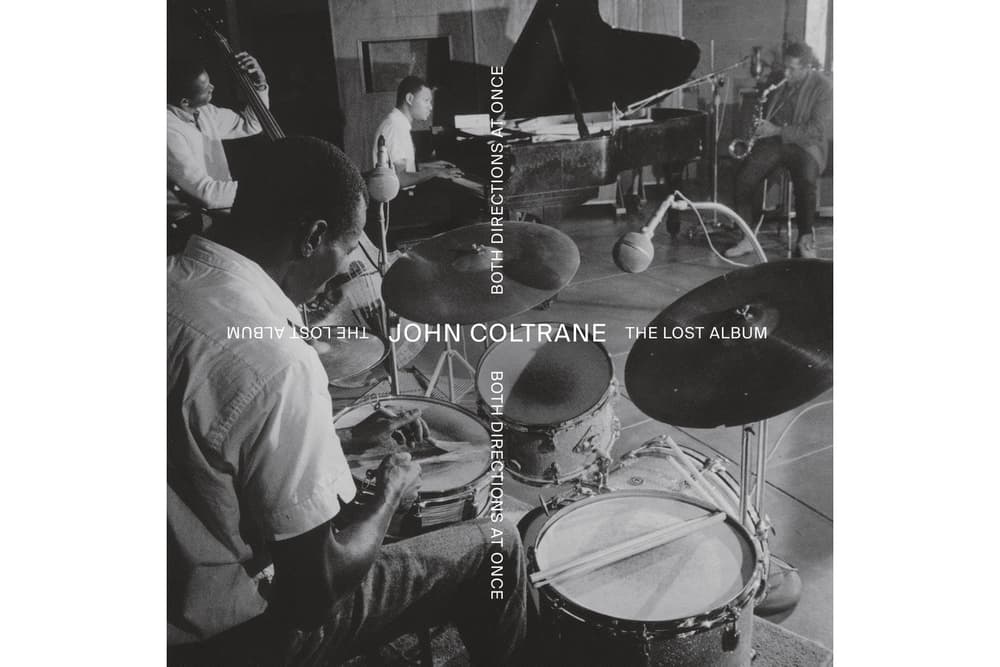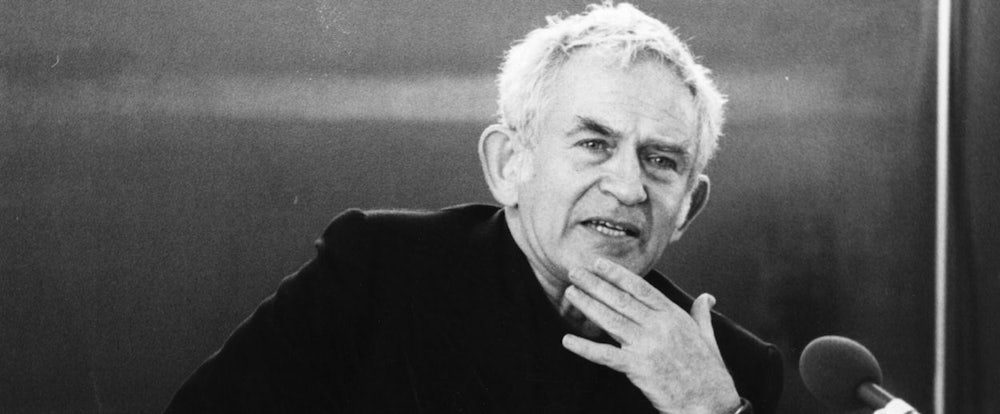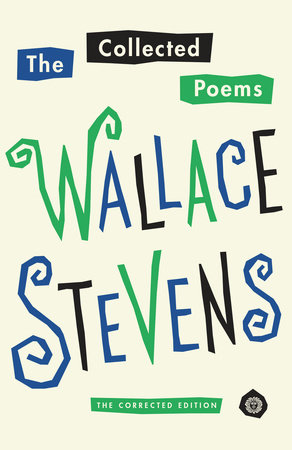Café Europa is a bar and
restaurant tucked away between a car wash and a VFW hall on Pacific Beach’s
Turquoise Street, a seldom discussed passage the forms the official border
between La Jolla and the funkier beach communities to the south. It’s relative
geographical obscurity is fitting, in that the Café has tried to distinguish
itself from the usual PB drinkery. Café
Europa is dark in tone, deep reds and a variety of earth tones and off kilter
lighting cast the room is an atmosphere evoking black and white movie, Bogart
smoking cigarettes over bourbon and piano jazz in the back ground, chatter in
many languages and accents floating through the air along with the seductive
tones of exotic music.
Nothing quite so
cinematic, in fact, but that’s what the proprietors are aiming for, and in that
respect, providing something different to San Diego’s many choices of
nightlife, they’ve admirably succeeded. And as atmosphere is crucial to the
venue, the music as well should be unique, possessing the allure of styles oddly
familiar, but distinct, different. There is no trance music, no digital disco,
so simpering glum rock or agitated rap. Big Boss Bubeleh is the entertainment
on this Friday night in early May.

The music stands apart
from the typical razzle-dazzle pop that dominate the nightly categories of
available live music. Affectionately captured on their new album “A Droite!”, Big Boss Bubeleh music is,
seductive and exotic, drawing the rich and sultry traditions of East European
and Russian folk music, klezmer, old time jazz and Bessie Smith era blues.
Their album has original songs of alluring yet skewed charm. Their sound
suggests another era, and yet the music is made contemporary, performed with élan
and a sense of movement. It swings, it rocks, it grooves and morphs through a
splendidly blended. Above all else, they are as fun to see live as they are
engaging to listen to.
Big Boss Bubeleh hails
locally from Encinitas, and centers around the husband and wife team of Yael
Gmach and Vladimir Yarovinski. She was born a French Jew in Paris, France, and
he was reared a Russian Jew raised in the Ukraine. As with many wonderful
stories of future soul mates who meet, marry and become creative through
confounding circumstances, the families of both Yael and Vlad migrated to the
United States, both households eventually landing in California. They met, at
last, some years ago at an event Vladdy was playing music with friends. In
attendance was Yael, who was sufficiently inspired by the music the ensemble
played.
Recalls Vladdy:” I was playing at an event called the
Encinitas Art Works out on 101, playing with a couple of people. What we did
was play music that was based on Middle Eastern and Jewish/Arabic styles, with
blues influencing the whole sound. At one point the guitar player needed to
take a break, so he left his guitar on the chair he was sitting in and Yael
came up, picked up the guitar and began to sing and play. When she sang, we
just played along. It was very sweet, very nice, and we began to play together after
that. We played at the East Street Café in Encinitas. At first, I was just playing guitar on her
songs, but then we started writing together, which was important. I showed her
some things on guitar, some new progressions from the blues and jazz, so she’d
be able to write songs in the blues form.”
“I
was trying to confuse her a little. We came with this one song which seemed
impossible to play, there was a lot going on in the song, and she was forced to
listen to the changes that were coming up, and she did it! She does it, she’s great! She was playing
four chord progressions, like in Israeli and French music, and my idea was to
twist it a little bit and show her elements from jazz and blues, and extend
more colorfully between songs. Like what you do is like extend a simple song by
inserting a twelve-bar blues progression in the middle of the song, so now
instead of having three or four chords, the song now has eight.”
With time, Yael and
Vladdy married and increased their musical collaborations resulting in the
eventual formation of Big Boss Bubeleh, with them as the creative center. To be
sure, the band highlights a fine ensemble of musicians that bring their
experience and personality to the uniqueness that is this band’s stock and
trade. Not surprisingly, musicians this dedicated to their art are able to draw
on a wealth of talent from among their friends that add flavor and texture to
the intoxicating swell of sound. In live performance, Big Boss Bubeleh calls on
the serenely expressive vocal talents of Daryn Belinsky and Erica Adams. On any
night one happens to see them, something wonderful and unexpected might unfold,
some little miracle of circumstance. Two months ago, performing at Café Europa,
a touring, uniformed group of Mariachi Musicians were in the venue,
instruments, and joined in, guitars and trumpets, in the extended jam Big Boss
Bubeleh was already cooking on. The temperature in the room increased a tad,
and couples rose from their tables to dance. Later, in late April, again at
Café Europa, a trumpet player asked if he could sit in. The evening had an
unexpected ten minutes of superb blues, warm, deep, mellow as light rain. The
improvisational aspect of the music draws from many sources, and it’s an
element that works with glorious results when musicians are into the music, in
the moment.
Yael Gmach and Vlady
Yarovinsky, a North County duo performing and recording under the rubric Big
Boss Bubeleh, are a flavor quite apart from what one would expect from local
original music. Avoiding the obvious choices of styles, flavors, and stances
that local original artists might assume, these two dig into the roots music
they obviously love, an intoxicating alchemy of Gypsy jazz, torch songs, blues
and swing, as well as calypso and assorted Latin references. And, to be sure,
the grainy textures of American music one recollects from the Ozark Mountains
to the Mississippi River,
Their new release, A
Droite! (a French phrase, “on the right; to the right”), brings this
myriad of influences to fruitful perfection, a selection of 14 original songs
that, through uncluttered instrumentation and a natural feel for the varied
grooves and uncommon weave of genres, makes it easy to willingly suspend
disbelief and imagine, for a while, being in an Bohemian cafe on a side street
of an East European capital, getting lost in the tales and bitter sweet
melodies.
Especially effective is
Yael Gmach’s wonderfully adaptable vocals, at once making one think of a
Dietrich-like chanteuse from the film Blue Angel, a playful,
bubbling style with eccentric elongation of syllables and vocal emphasis where
you don’t expect them. Her voice is a low, seductive rumble, a hook that brings
you for a full measure of Old-World immersion, particularly on the song
“Recalling,” an ironic recollection lessons learned in an enticing minor key,
wonderfully supported by Vlady’s precise guitar work and the lyric, ironic
musical elaboration by guest violinist Marguerite-Marie Sort.
“Coffee” continues the
sweet otherness of this duo’s marvelous world view, a more traditionally folkie
number with Yael—in another gloriously alluring accent—lists the tribulations
and work ways of doing what one must do on a daily basis only to come to the
reward for one’s efforts: a cup of coffee and the caffeine therein. The
epiphany of this odd lyric is that a cup of coffee, for all the energy and
nervousness it might jolt the nervous system with, is merely coffee, a drink over
which the life’s lessons, if any, can be pondered. Again, Sort’s violin
commentary over Yael’s wide-eyed vocals lures you even deeper, closer into this
unique world. Relatebly exotic,
honestly off-beat, funny, and ingratiatingly wise in ways that suggests a
intimate sharing among friends, Big Boss Bubeleh’s A Droite! has
an effortless and persuasive eclecticism that makes this one of the most
delightful entertainments I’ve encountered for a good while.
Says Vladdy of all this music making:
“Many like to stretch, to improvise, to let it breathe. You create cues,
places other musicians recognize, and you’re able after a while to stretch the
songs into a natural. Extending the songs, improvising around the changes, was
something I picked up in playing with reggae musicians. I played with a reggae
band from Barbados. It helped me keep a groove going, when it happened.”
The musical connection
between Yael and Vladdy seems extra sensory at times. Yael tries her best to describe on why their musical bond is as strong as it
is:
“ We meet on the Jewish Side. My dad
survived the Holocaust, and at the deepest level of it all is just the joy of
living. My father feels a profound joy in being alive. He has the French joi de
vivre. I am pretty sure it’s the result that at four years he saw the horrors
and maybe his brain said okay, what else can be as awful as that? So, he feels
joy in being alive. Vladimir has the
same upbringing; his mother and father survived the Holocaust. So, the music we
play is the feature of Jewish people, like black people with the blues, you
know? I would adapt Russian chord
progressions, I didn’t even know what they chord were, but I would feel them
out on guitar, it was a natural thing. And since I became a musician I noticed
that a normal American doesn’t understand those notes or the feelings, they’re
not with it. They don’t know the breaks or understand them, Americans don’t
know when a song changes back to A minor and gives us the mood of the song a
twist.
Vladimir
is the one who introduced to how poetry has a relationship to the song, how it
applies to the rhythm of the song, and how it can make something into the sort
of universal song you’re grateful someone about grass or wind, something,
making something common seem profound. He has that ability. As a young man he
was considered a fine poet in Russia, he went to a special school for having
the ability to write the way he did. BBB
has the elements of me and Vladimir, who is kind of the old tree, who is
obviously beautiful, Just old…. He’s an old soul. And it’s just that he’s an
old soul, because he’s been focused on music for so many years without
deviating into drugs or anything else. Never deviated, never bored with the
Beatles, he was always gathering more information about music and musicians.
It’s like anthropology and music when you meet Vladimir. You would not be bored
for a week. Our relationship is because
of music, and that’s because Vladimir is of music. That’s really what he wants
to do all day, play music with friends. If you’re hanging out with him, you’ll
be playing music.”
At one point, Yael deftly explains her attraction music and her desire to make
music and write songs.”. I
realize it’s a language and its one I wanted to learn. My influences growing up
in a Jewish family, whether singing, playing. The whole family sang. I was born
in Paris, France. It’s a French-Jewish upbringing. By the time we got to the
United States, I had listened to everyone in the Eighties, like Duran Duran in
rock and roll. They were cute boys. At
some point I picked up the guitar learned to play James Taylor, Joni Mitchell,
it was like holding a magic wand, when you got the feeling inside you want to
release, and it does the same thing for everyone around you. You can feel it. I
see it in people who are getting into the song.
I had discovered the feeling of being able to be a songwriter. It was a
life change. I the first song I wrote by myself was “Song for Easy”, who is my
niece. Suddenly,
at the age of 38, I realize there was a new life that was going to be born to
by little sister and her husband, it was there was this new life growing in my
little sister. I put it out there about what life means to me…. It was amazing,
it was like my first child, in a way. I felt like I’d a contribution somehow.
How did I feel about that, after I wrote the song and performed it? It was like
trees…I just looked suddenly. I was always planted, but after I wrote the song
for my niece, I felt even more planted but also…beautiful. I felt as though I
made a contribution.”
Contribute she did and
continues to so with husband Vladdy in the wonderful troupe Big Boss Bubeleh,
aided by a splendidly diverse and gifted support cast.
Big Boss Bubeleh plays frequently at Café Europa in Pacific Beach and at select
venues through out the county. “A Droite!” is available from CD Baby.

















